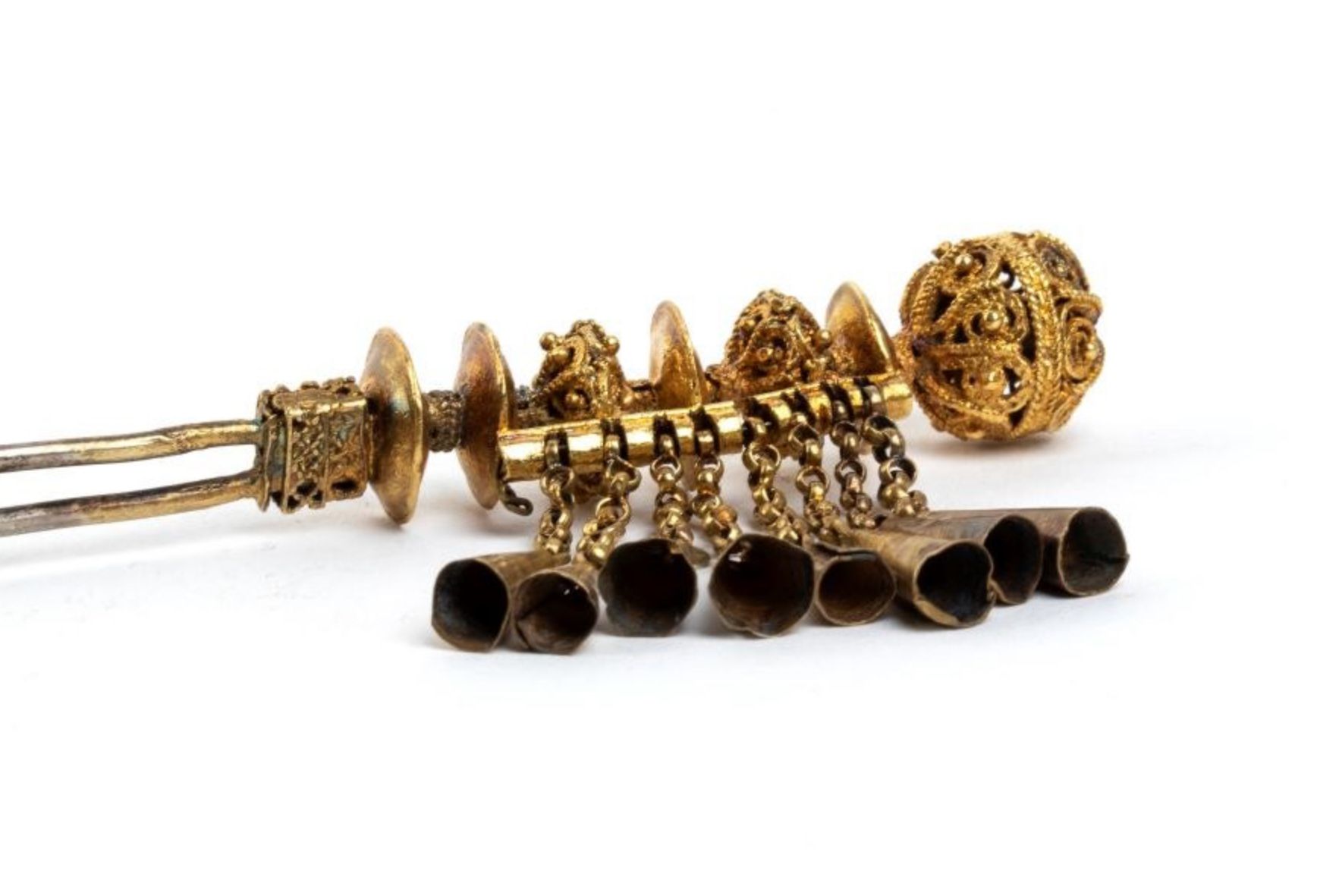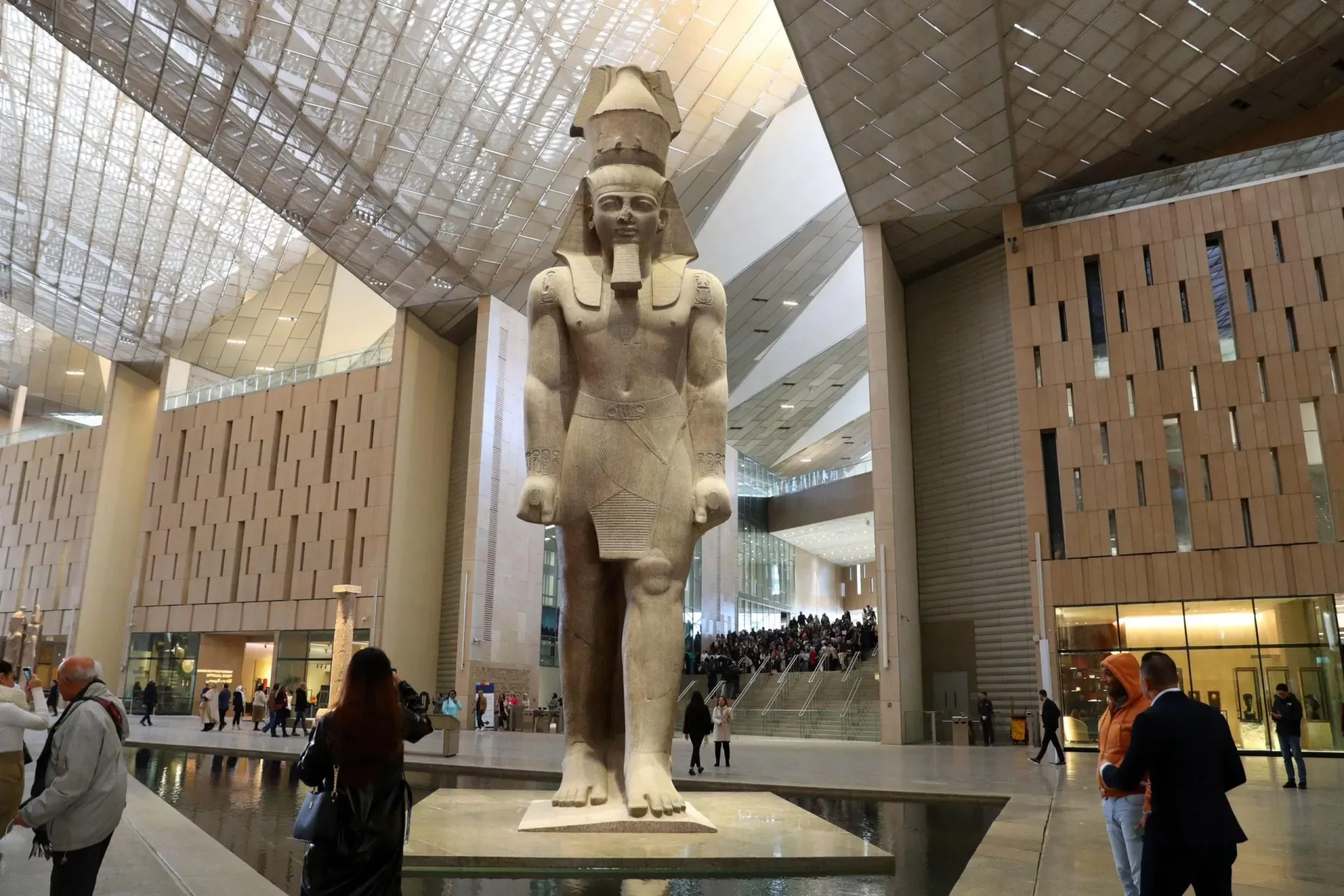Cultural Restitution
SHARE ARTICLE
Britain’s new culture secretary, Lisa Nandy, wants government to adopt a more consistent approach to repatriation. Could she go further and amend legislation allowing national museums to start repatriating contested objects?
If that is in her thinking, what advice can we share with the new minister to help deliver this greater consistency?
Sticking around in office would be a good place to start. Under the previous fourteen-year Conservative administration, five prime ministers appointed no fewer than thirteen culture secretaries. Just as soon as one minister had mastered the arts and culture brief, they were packed off and replaced by another fresh face at the Department for Culture, Media and Sport (‘DCMS’).
The new prime minister’s record of shadow cabinet appointments was remarkably stable while Labour was in opposition. Let’s hope that record of stability remains a cornerstone of Sir Keir Starmer’s approach now he’s in government. Nandy was always an impressive opposition spokesperson. So, now she’s in charge at the DCMS, we hope she’ll be given sufficient time to implement her new agenda: for the arts in general and for repatriation in particular.
Interviewed by The Guardian, Nandy said she has already been approached by George Osborne, chair of the British Museum, about the repatriation of precious objects from their collection. But we believe the subject of restitution is far bigger than those issues of any one institution and, in her interview, Nandy admitted that different views are being expressed across the entire museum sector.
That is exactly why the culture secretary needs to look beyond the too-often distracting debate over whether or not to return or loan the Parthenon Marbles and consult more widely on the issues of repatriation that all Britain’s museums face in today’s multi-racial, muti-cultural society.
So much has changed - in society and in museology - since the British Museum Act 1963 and the National Heritage Act 1983 were enacted, yet both pieces of legislation remain in place, largely unchanged. It's very clear that legislation is lagging the visible developments that are taking place, not just among museum visitors and local communities, but also among a museum's own employees. All are now more culturally diverse and sensitive to past appropriation practices.
Take a harder look, Minister, across the sector. You’ll notice the repatriation appeals now being fielded by Britain’s national collections are no different to those faced by Britain’s larger number of regional and university collections. But while the latter are able to draw on modern governing powers to help them respond sensitively to legitimate appeals for repatriation, England’s national collections have no other choice than to turn away legitimate appeals due to a long-running and uninformed resistance by Parliament to the act of deaccessioning.
Ironically, certain deaccessioning powers (albeit with tight conditions) already exist at National Galleries Scotland, in Wales and in National Museums NI (Northern Ireland). The fact only national museums in England are prevented from exercising these powers demonstrates just how inconsistent, illogical and absurd is the current arrangement. So, yes, let’s introduce more consistency across the entire United Kingdom!
Exactly how can the new minister deliver this process? Instead of holding discussions with one or two national institutions, we urge Nandy to go further. Set up an independent commission tasked to recommend to Parliament a national policy on repatriation, along with an appropriate set of guidelines.
Look across the Channel where other former colonial powers are tackling (with growing success) exactly the same ethical challenges and legislative obstacles that have prevented the UK's progress in the past. Follow the example of governments in Belgium, Germany and the Netherlands, which have drawn on the input and experience of a much wider number of disciplines. Deliberately set up to be independent of government, museum and heritage professionals sit alongside experts in legal affairs, ethics, economics and civil society. And while representatives from former colonies have all played a key role on these committees, removing politicians at this stage of research has helped to move the process forward.
It's possible we'll end up with a very different set of guidelines from those introduced in other European countries. But agreeing to research and consult using this form of European model would be an appropriate initial action for this new government to take - especially if the minister is really serious about delivering the effective, consistent approach to repatriation she seeks for Britain's museum sector.
And what sort of outcome could we expect from this process? Tristram Hunt, Director of the V&A, has made it very clear he would like any review of heritage legislation to shift the power to deaccession away from Westminster and to place it firmly in the hands of the museum’s own trustees.
We agree with Hunt. Museum professionals are better placed to decide if and when an object should be returned to its source community, rather than a disinterested group in Westminster, uninvested in the collection of a national institution. It’s time for Nandy to grab the nettle, instruct an independent commission to recommend a national policy on restitution and ensure her plan for consistency doesn’t end up another false dawn.
Photo: Lisa Nandy
Courtesy of The Daily Sceptic
More News



